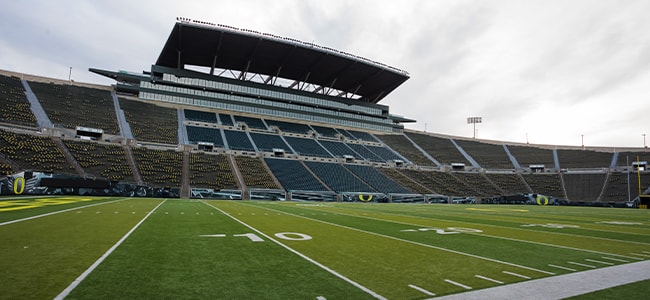Sports Law Center

Countless legal issues arise in the context of professional and college sports. Some of the key issues that arise in professional sports include the negotiation of contracts between players and teams, as well as the negotiation of collective bargaining agreements between players' associations (unions) and the owners of teams in a league. In addition to basic terms such as salary and length, a contract between a player and a team may include more nuanced provisions related to insurance, disability benefits, and merchandise royalties. Collective bargaining agreements usually require players' associations and owners to agree on certain issues related to salaries, hours, and work conditions. For example, they must decide how many games will be played in a season and how teams can transfer players.
At the collegiate or amateur level, the National Collegiate Athletic Association, or NCAA, oversees the athletic programs of numerous college and universities throughout the United States and provides assistance to athletes competing in college sports. According to NCAA bylaws, universities seeking to recruit high school-level athletes must comply with strict contact requirements and can only solicit athletes’ interest at certain times and through certain means. Many universities try to bend these rules or exploit gray areas in their interpretation. This gives rise to frequent legal disputes between universities, high schools, athletes, and their parents.
Another important law applicable to collegiate level sports is Title IX. Passed in 1972, the act makes it illegal for any federally funded university to discriminate against students based on sex or gender. The policy goal of this legislation is to foster equality for women’s sports and to ensure that sufficient funding and support are dedicated to women’s athletic programs. The Office for Civil Rights administers Title IX and investigates complaints of violations. People who have suffered harm from Title IX violations also can file lawsuits in court.
Other common legal issues arise in the context of player conduct. On the field, players may face liability for causing injuries if their actions are intentional, such as when a hockey fight occurs. However, most injuries that arise during games or practices do not lead to liability, since players assume certain risks by playing the sport. Some exceptions include injuries caused by defective equipment or inadequately maintained sports facilities. Off the field, players are subject to strict requirements governing their conduct, particularly when it comes to certain substances that are classified as performance-enhancing drugs (PEDs) under the rules of their sport. Players may face suspensions and other discipline from governing bodies of the sport for using prohibited substances.
Since athletes often rise to the level of celebrities, disputes surrounding the right of publicity may arise. The right of publicity provides people with the right to control the use of their name, image, and likeness for a commercial purpose. Endorsement deals with corporate sponsors allow professional athletes to monetize their name, image, and likeness (NIL) rights, often for vast sums. An athlete may need to comply with certain restrictions on their behavior to avoid triggering a "morals clause," which allows a sponsor to terminate an agreement. Endorsement agreements also may provide for contingencies if an athlete suffers a significant injury. Recently, college athletes have received limited opportunities to monetize their NIL rights as well. These depend on state laws and policies imposed by schools and conferences.